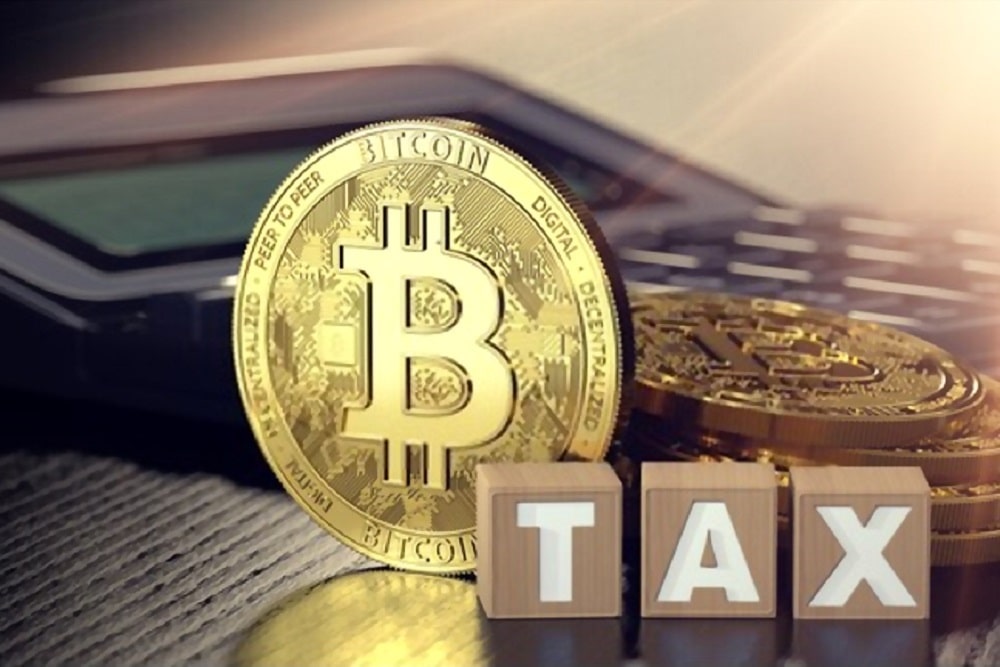Trying to comprehend the concept of mining crypto coins could be a bit difficult, especially due to industry jargon, complex and unfamiliar processes, and a lack of appropriate resources for a beginner. So, let’s keep it simple, forget about the complex definitions, and focus on how to get started as a crypto miner.
Another thing we should note here is that crypto mining cannot bring instant success, not even to experienced individuals. All those people who became rich, thanks to the cryptocurrencies, did not achieve success overnight. Instead, they invested years and years in planning and developing crypto projects.
What Is Crypto Mining Exactly?
Mining in the crypto space refers to the method through which transactions on a blockchain are confirmed and processed. Those who handle the mining process are called miners, and the most successful among them get a small reward by receiving coins they are mining.
For example, if you’re mining Bitcoin and your mining machine is the first one on the network to confirm a transaction between other users, you’ll receive 12.5 bitcoins.
If done right, mining could be an effective way of making extra money. Some people even quit day jobs to become full-time miners. However, before you dust off to hand in your resignation, it’s important to understand how crypto mining works so you can weigh the chances of making an actual living by doing it. Here are three ways to become a miner.
Joining A Mining Pool
Depending on the coin you wish to mine, it might be a better idea to select one of the so-called mining pools. As you probably guess, mining pool means that a certain number of miners jointly mine a coin, and subsequently share rewards.
There are several reasons why it is sometimes necessary to join a pool. For example, if there’s a fierce competition (which is the case with Bitcoin mining, for instance), solo mining is virtually impossible. Even if you have a powerful mining machine, chances that you will beat large mining farms and first verify transactions are close to zero.
Secondly, some coins can be mined with regular, home CPU machines. You could get some coins here on your own, but the reward you’d receive would be basically worthless. Therefore, joining a pool could be a recommended option once again.
Cloud Mining
Another common approach (considered to be beginner-friendly) is to have someone else do the mining for you. You only need to sign up on a third-party website such as Genesis and pay it to mine cryptocurrencies for you. In this case, you don’t have to own any machines. All you have to do is to choose a good monthly or yearly plan, and you’re good to go.
Setting Up Own Mining Rig
If you decide to go for solo mining, then this option is just for you. Your mining machine will become one of the network’s nodes, and if you’re successful, you won’t have to split shares or pay fees to anyone.
Unfortunately, this is easier said than done. As we previously explained, solo mining is not profitable when it comes to the most well-known coins. This means that you have to do extensive research and find a coin that will be profitable to mine. In this case, you need to consider the following steps.
Mining Equipment
Investigate whether your desired coin requires GPU (graphics processing unit) or CPU mining machine. You will easily find that information by visiting the coin’s website or its project files on GitHub. This is a very important step because buying a wrong machine definitely means wasting invested money.
After you settle this, the next step would be to visit a site that contains specifications of the machine you’re planning to buy. You should pay special attention to its hashrate power (essentially – its mining power) and electricity consumption. You will need this data to calculate the profitability of mining desired coin. In fact, these two are among the key factors you need to take into consideration.
Other Requirements
After meeting the above requirements, there are a few other less demanding things to do.
Download mining software: You will find it on the coin’s website. Downloading elsewhere is a terrible idea as you will most certainly download software with hidden trojans designed to steal your coins.
Download wallet: In most cases, you will find the wallet on the coin’s website, but this doesn’t necessarily mean it’s the best option. Do a quick research to see which wallet is best for storing your mined coins.
Find and investigate crypto exchanges that list your coin: Unless you plan to mine the most well-known currencies, you will most likely convert your coins to another, more popular ones now and then. Therefore, you need to see which crypto exchanges list it. Make sure they are scandal-free, have good liquidity, and do not have high fees.
An appropriate location for mining machines: Advanced mining machines produce a lot of noise (60-90 dB) and heat (around 60°C/150°F). So, find a suitable place where it won’t obstruct yours and neighbors’ daily activities.
Check updates every day: You need to follow the industry’s news regularly as things might change for the worse within hours. Your coin’s value might drop by even 80% in 5-6 hours, in which case it would be the best thing to switch off the mining machine and wait until it bounces back to its previous value.
Which Coins Are Most Profitable to Mine?
As we already said, mining Bitcoin and other well-established coins are not quite profitable due to the fierce competition. But don’t despair. There are dozens of other coins you could mine and earn some nice profit.
Whatever you decide, there is one crucial thing to remember – it is not possible to get rich overnight by mining any coin. You need to invest a lot of time and patience and slowly grow your portfolio.
Furthermore, if you see that your coin’s value has skyrocketed, perhaps it would be wise not to sell it but wait further, even if its price drops in a few days. Who knows, perhaps it will bring you 1,000% ROI in six or seven years.
Good luck!
- Crypto Price Update July 24: BTC Maintains $66K, ETH at $3.4K, XRP, TON, and ADA Rallies
- Bitcoin Falls to $65K as Mt. Gox Transfers $2.8 Billion BTC to External Wallet
- News of Marathon Digital’s $138 Million Fine for Breach of Non-Disclosure Agreement Triggers a Bearish 2.5% of Its MARA Stock
- Are $530M Bitcoin ETF Inflows a Blessing or Caution?
- Metaplanet Teams with Hoseki for Real-Time Bitcoin Holdings Verification
- Building Secure Blockchain Systems: An Exclusive Interview with ARPA and Bella Protocol CEO Felix Xu
- Building The “De-Facto Crypto Trading Terminal”: An Exclusive Interview with Aurox CEO Giorgi Khazaradze
- Building a New Global Financial System: An Exclusive Interview With Tyler Wallace, Analytics Head at TrustToken
- “Solana is the Promised Land for Blockchain” — An Exclusive Interview with Solend Founder Rooter
- El Salvador: Where The Bitcoin Revolution Begins With A Legal Tender

 Why Trust Us
Why Trust Us







